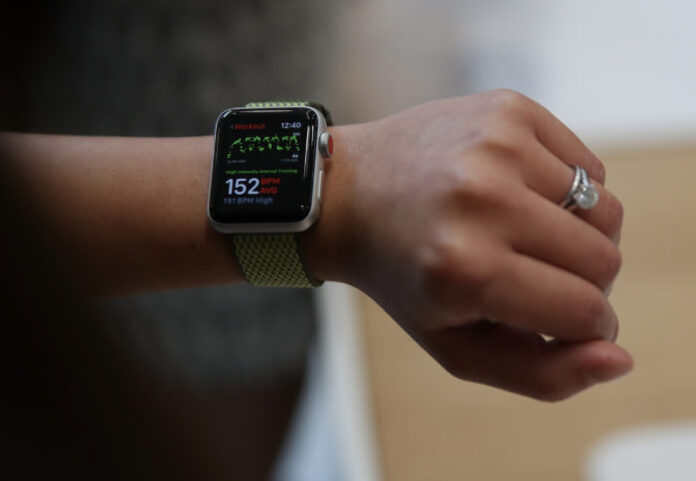Some organizations are rolling out an unusual employee-retention strategy: digital health solutions.
More than one quarter (27%) of workers responding to a recent global survey say they’re much less or less likely to move to another company if their employer promotes or sponsors digital health solutions, such as an app to locate providers or access to virtual healthcare. Likewise, 48% would have more confidence in a digital health solution if it were offered by their employer.
The Health on Demand survey, which was recently conducted by Mercer Marsh Benefits, Mercer and Oliver Wyman, attracted responses from 16,564 workers and 1,300 employers in 13 global markets.
“It’s long been the status quo that employers are the source of healthcare and healthcare information,” says Kate Brown, leader of the Center for Health Innovation at Mercer. “So, when employers put a program in front of their employees in terms of digital health, it’s coming from a trusted source.”
Respondents ranked 15 specific digital health solutions based on their personal value. The top U.S. and global employee solution (39%) is an app that “helps find the right doctor or medical care when and where needed.” Next on American workers’ list is personal or family portable, electronic medical records (38%), followed by telemedicine (36%) and wearable technology for self-managing health conditions (36%).
However, U.S. employers (58%) rated portable, electronic medical records as their No. 1 choice, followed by telemedicine (52%), an app to find healthcare providers (45%) and then wearable technology (44%).
Related: Global healthcare benefit costs to vary widely in 2020
“If you haven’t yet started to [develop] a digital health strategy, this is probably good evidence to present to your leadership or board,” says Brown, adding that 40% of employers believe promoting or sponsoring digital health solutions will aid staff retention. Another 68% are very or somewhat likely to invest more in digital health in the next ï¬ve years.
Mercer grouped survey participants into four segments
- Get me comfortable (40%), dominated by skeptical Gen Xers, are less likely to quit if offered digital health benefits;
- Sign me up (37%), mostly millennials, have high confidence in employer-provided solutions;
- Impress me (19%), a generational mix, prefer to self-experiment with direct-to-consumer solutions; and
- Not for me (5%), primarily baby boomers, express little interest in digital health.
Brown cautions HR professionals against getting distracted by “shiny” digital tools or getting lost in the complexity of deploying different solutions.
“Think holistically about your digital health strategy,” says Brown, adding that HR must create a comprehensive experience for end users. “The vast majority [of employees] is interested in digital health. It’s just a matter of whether or not they’re ready to jump in with two feet or need a little bit of convincing.”
Hot benefit trends, including digital health solutions, will be among the topics discussed at HRE’s Health & Benefits Leadership Conference, held April 15-17 at the Aria Resort & Casino in Las Vegas.



